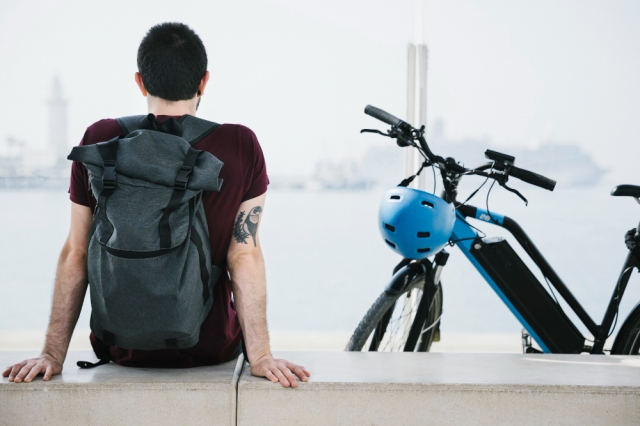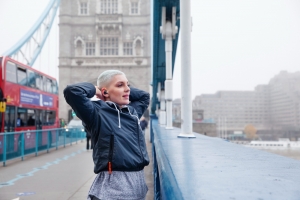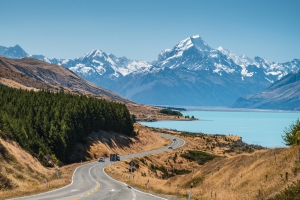For cycling enthusiasts, the Tour de France is the ultimate event, showcasing the pinnacle of athletic endurance and skill. While competing in the Tour might remain a dream for most, riding a stage of this iconic race is an achievable and unforgettable experience. Here’s how you can make it happen and ensure you’re fully prepared for the adventure.
Choose Your Stage Wisely
The Tour de France offers a variety of stages, each with its own unique challenges and appeal. Before committing, consider:
- Terrain: Are you drawn to the grueling ascents of the Alps and Pyrenees, or would you prefer a flat or rolling stage?
- Distance: Assess your fitness level and choose a stage that aligns with your endurance capabilities.
- Timing: Many Tour stages can be ridden as part of organized events, such as the Etape du Tour, which takes place a few days before the professionals tackle the course.
Participate in Amateur Races
If you’re looking to experience the thrill of riding a Tour de France route in an organized setting, consider participating in amateur races. Events like the Etape du Tour allow cyclists of all levels to ride on the same roads as the pros, often under similar conditions. Here’s what you need to know:
- Who Can Join? The event is open to a wide range of abilities, though you’ll need to train for the demanding course.
- Why Participate? It’s an unparalleled way to test your skills, ride alongside other passionate cyclists, and immerse yourself in the Tour experience.
- How to Register: Spots fill quickly, so keep an eye on registration dates and secure your place early.
Train for the Challenge
Riding a Tour de France stage demands serious preparation. Tailor your training to the specific demands of the stage you’ve chosen. This could be gradually increasing the distance of your rides to build stamina, spending time on local hills, or using a smart trainer to simulate climbs if your stage includes significant elevation gain. You will also want to practice maintaining a sustainable pace and experiment with nutrition strategies to fuel your ride effectively.
Get Your Bike to France Safely
Transporting your bike to France requires careful planning to ensure it arrives in perfect condition. Using a reliable bike box is the best way to protect your equipment during travel. Look for durable, lightweight bike boxes for travel that offer ample padding and secure fastening systems to protect your bike from impacts and rough handling. Many options also include compartments for tools, helmets, and other gear. Then, all you need to do is confirm the baggage requirements of your airline, including weight limits and additional fees for sporting equipment.
Arrange Your Travel and Accommodation
Planning your trip well in advance is key to a smooth experience. Book accommodations near the start or finish of your stage. Many cyclists pair their ride with a vacation, so allow extra time to explore France’s stunning landscapes and vibrant culture.
Final Thoughts
Riding a stage of the Tour de France is a bucket-list experience for any cycling enthusiast. With the right preparation, training, and logistics—including ensuring your bike arrives safely —you can conquer this challenge and create memories to last a lifetime. Whether through amateur races like the Etape du Tour or personal explorations of the Tour’s iconic routes, this adventure is sure to inspire and exhilarate. So start planning, pack your gear, and get ready to ride like a pro on the roads of France!






